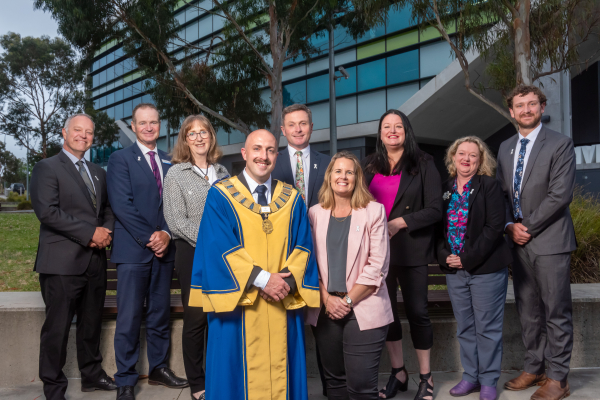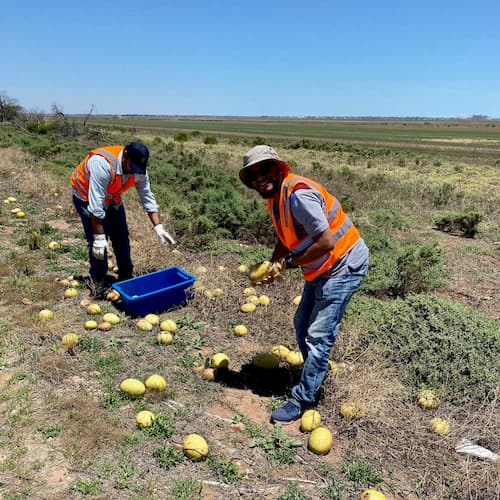
ANTHONY ALBANESE MP
LEADER OF THE AUSTRALIAN LABOR PARTY
MEMBER FOR GRAYNDLER
CORONAVIRUS RESPONSE: LABOR BACKS THE RIGHT DECISION
There is no rule book showing how to lead a nation through a crisis like the current COVID-19 pandemic.
Nothing we have experienced in our lives has presented such a profound challenge to our health, our economy and our way of life.
Throughout the crisis, the Labor Party has taken a constructive approach and looked for solutions, not arguments. We have and will continue to advocate in the national interest, not partisan interests.
Our aim is to help the government get the response right to save lives and protect jobs. We must carry our nation through this crisis swiftly, minimising the health impact so we can get businesses running and Australians back to work.
Then we will start the Herculean task of rebuilding our nation.
But right now, our priority is our people – their health, wellbeing and standard of living.
When the government makes the right decisions, Labor will back it, just as we did when we voted to fast-track the first economic stimulus package through parliament in a single day.
But if we believe the government has made the wrong call, such as acting too slowly on health responses and economic support, or sending Australians confused messages on social distancing, we will say so.
This is not a time for politics, but it is a time for good ideas – and no political party has a monopoly on good ideas. That’s a key element of a pluralist democracy, which should be cherished, not dismissed.
That is why, where Labor has seen gaps in the government’s response to the crisis, we have offered constructive suggestions.
Last week the government accepted Labor’s suggestion that where one half of a couple lost his or her job, the income threshold at which they would be eligible for assistance based on the income of their partner should increase from the current level of $48,000.
The new threshold of $79,000 will deliver relief to hundreds of thousands of low- to middle-income earners – nurses, teachers, police and aged-care workers, who would have otherwise missed out.
Likewise, Labor heard the pleas of renters worried about how to keep a roof over their heads and suggested a moratorium on residential property evictions, as well as measures to give landlords interest relief from banks on properties where their tenants have no income.
The government has embraced these measures.
Likewise, Labor advocated greater use of telehealth under Medicare after our offices were flooded with calls from older Australians worried about whether it was safe to go to their local GP.
The government again took on the advice, as it did with our concerns about the need for a boost in support for mental health services, our call to extend the COVID-19 supplement for Newstart recipients to include 230,000 students and young people and our suggestions for action on childcare.
Labor MPs have also heard from thousands of business owners who told us they did not want to have to lay off their staff.
That’s why Labor, unions and business argued for wage subsidies to keep people in work and ensure there was an ongoing relationship between workers and their employers.
After initially rejecting this idea as impractical, the government has announced its $750-a-week JobKeeper allowance. This will help the nation emerge from this crisis with a capacity to rebuild the economy more quickly.
The government deserves credit for listening to good ideas and turning them into good policy.
Labor supports the JobKeeper allowance, although we are discussing with the government ways to ensure that casuals who have been displaced by the health crisis and migrant and visa holders do not get left behind.
We are also yet to be convinced that changes to the Fair Work Act are necessary, given that wholesale change could cause unintended consequences given widespread differences in industrial awards.
Perhaps a better approach is through the Fair Work Commission, a process that has begun and should be consistent with the way employers and the trade union movement have been working together during this period.
I am sure with goodwill these issues can be worked through.
Labor is concerned that Australians should have to dip into their superannuation savings at this difficult time because it will reduce their future retirement incomes. And it would happen at a time when superannuation balances are relatively low because of the decline on stockmarkets.
Labor has also expressed concern that there were no health checks such as heat-testing for international arrivals at our airports until recently and that cruise passengers on the Ruby Princess were allowed to disperse around the country with disastrous consequences.
We also maintain the payments and investments to stimulate the economy and support people and businesses should flow as soon as possible.
As people queuing up at the Centrelink in my electorate have told me, people are out of work now and they need help now, not weeks into the future.
Some suggest the best response to the COVID-19 crisis is to balance our efforts to eradicate COVID-19 against the health of our economy, but I reject that as a false dichotomy.
The social-distancing measures are difficult but necessary and Australians are showing tremendous discipline and care for others in their compliance.
The best plan for our economy is to beat the spread of the disease and minimise the number of infections. If we think we will be doing something a week from now, unless there is a good reason, we should do it today.
On both health and economic responses, prevention is better than cure.
This piece was first published in on Monday, 6 April 2020.







